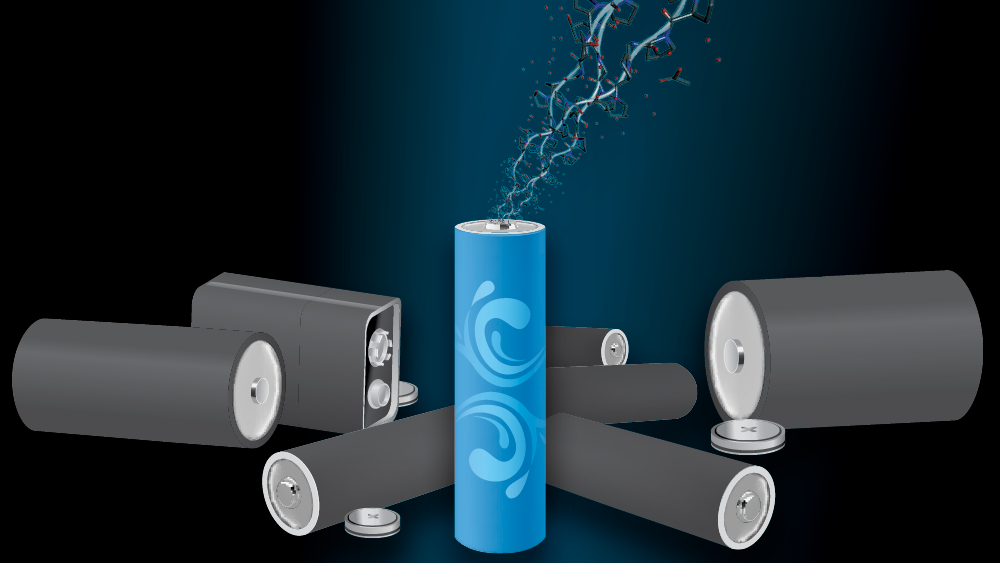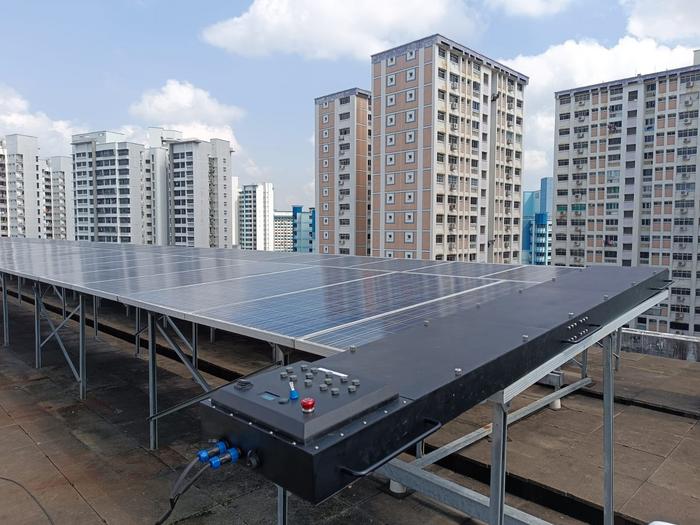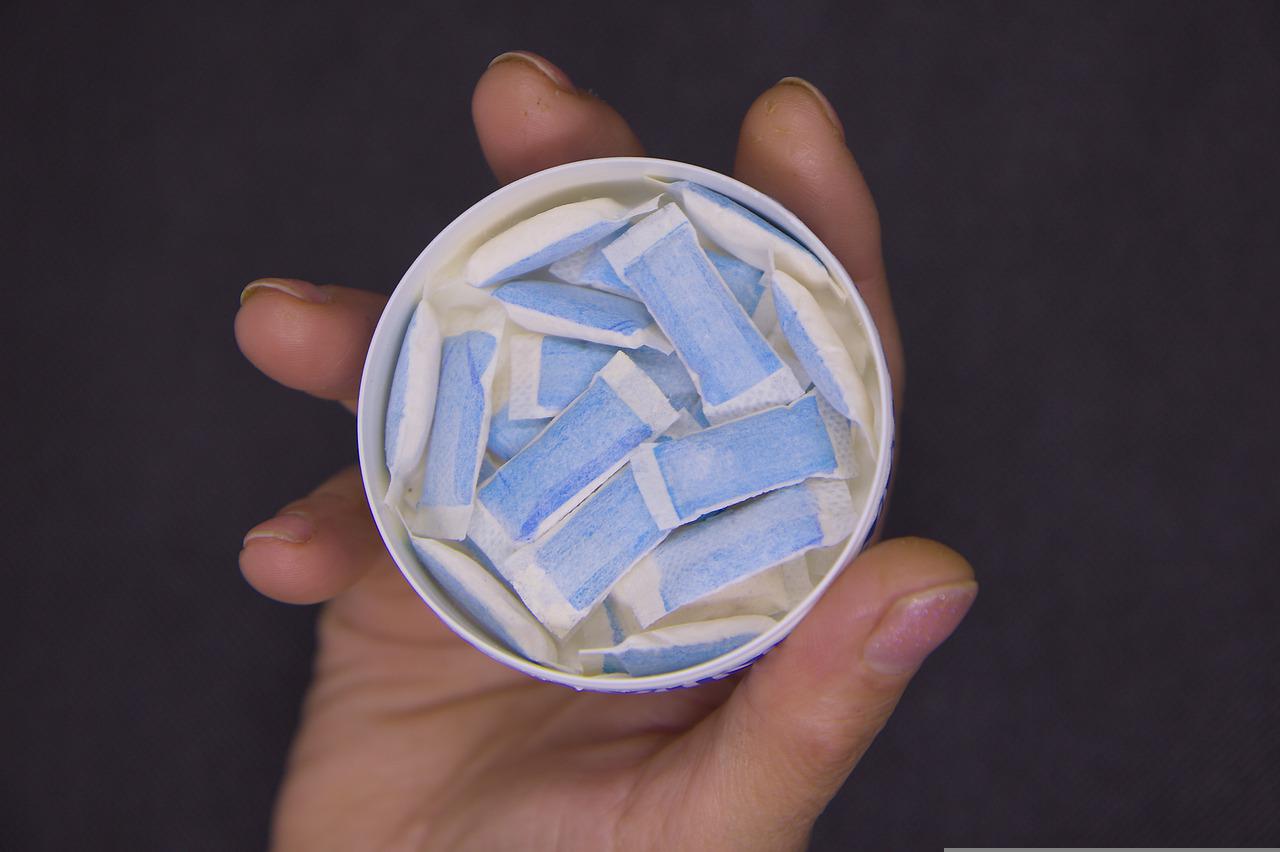Texas A&M College researchers have been working with metal-free water-based battery electrodes that could one day prove to be an alternative to the popular lithium-ion batteries. Researchers foresee these batteries can potentially address the projected shortages of strategic metals and reduce their carbon emissions as well.
Researchers discovered the difference in energy storage capacity is as high as 1,000%.
These aqueous-based batteries are different from lithium-ion batteries which contain lithium and cobalt.
Just like conventional batteries, aqueous-based batteries also consist of a cathode, anode, and electrolytes. However, in these water-based batteries, the cathodes and anodes are polymers, and the electrolyte is water mixed with organic salts.
In this setup, the water-based electrolyte becomes key in conducting ions and energy storage. Water-based batteries also address the safety issues found in lithium-ion batteries, as these do not catch fire.
Dr. Jodie Lutkenhaus, co-author and professor of chemical engineering, explains, “If an electrode swells too much during cycling, then it can’t conduct electrons very well, and you lose all the performance.”
“I believe there is a 1,000% difference in energy storage capacity, depending on the electrolyte choice because of swelling effects.”







